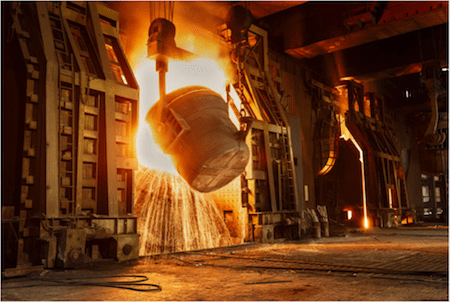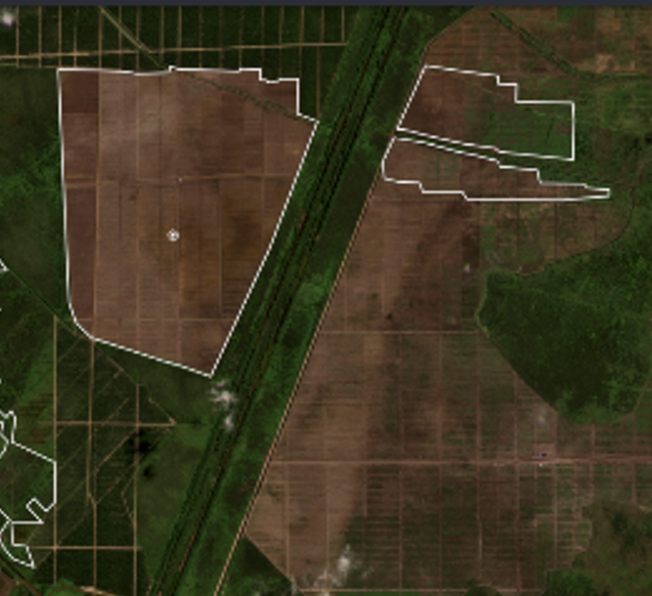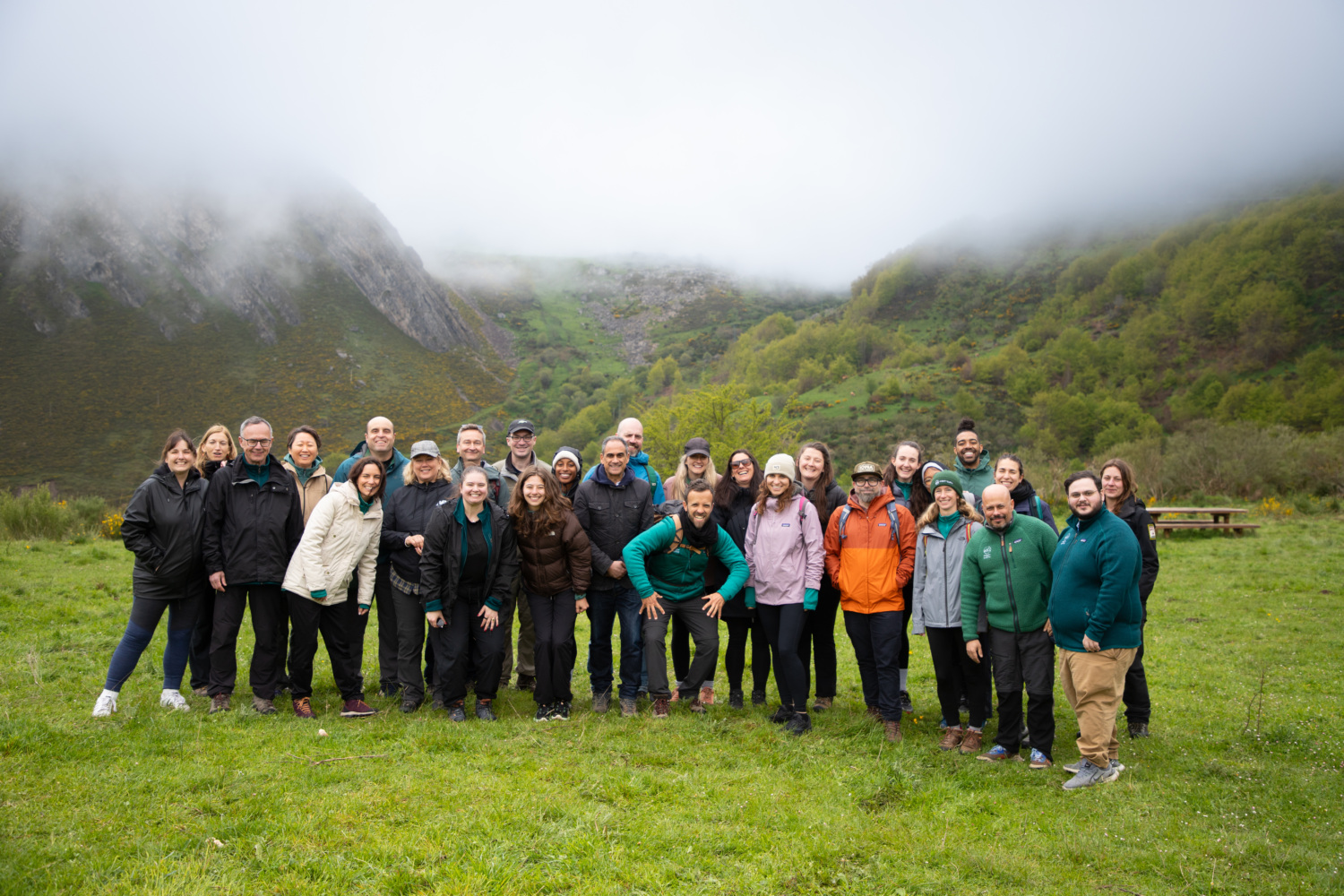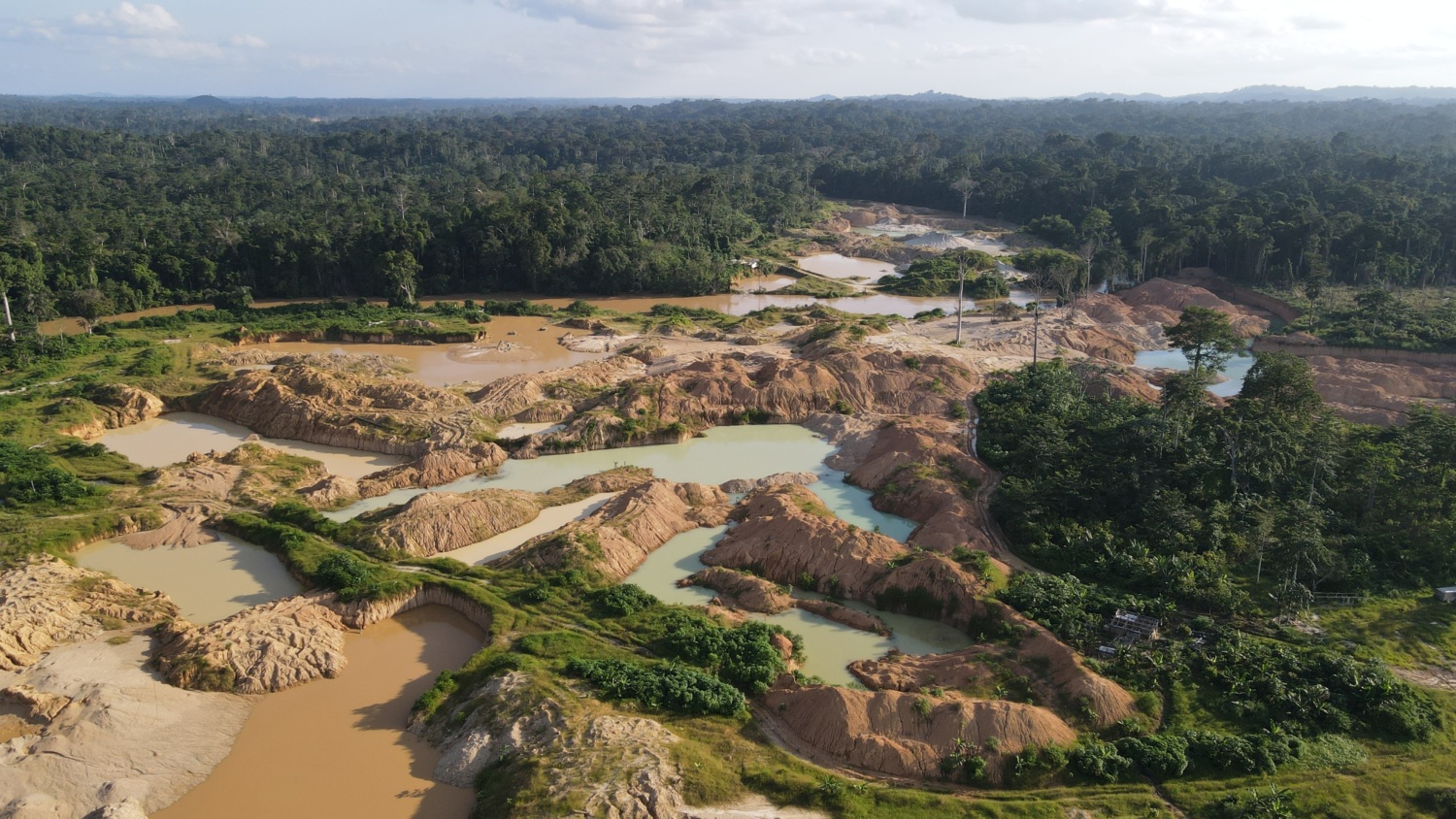
Steel Companies Agree to Accelerate Decarbonization
September 14, 2022
Today, ResponsibleSteel, a collaboration between leading steel companies and NGO’s, is launching ResponsibleSteel International Standard 2.0 to drive a shift to a decarbonized industry. Key features of the standard include achieving the “fastest global transition to a near zero steel sector” and provisions to prevent burning forests at a large scale (biomass) instead of coal, helping ensure that the steel industry of the future is powered by clean energy.
Glenn Hurowitz, CEO and Founder at Mighty Earth said:
“Mighty Earth is proud to be a stakeholder in what will soon become the global standard for low emission and responsibly sourced steel.”
“It’s a major success that the standard recognizes that deforestation has no place in the steel industry’s future by limiting charcoal, wood and biomass used in steelmaking to existing Forest Stewardship Council-certified plantations. Sacrificing hundreds of millions of acres of forest for energy is anything but clean, and the standard fortunately avoids this trap.
“With steel production increasing, we urge steelmakers to invest in the next generation methods, including renewable electricity-powered electric arc furnaces and green hydrogen that can produce steel without relying on coal.“
-
The official and full review of the Standard is likely to start in 2023. It will be done by a working group with equal numbers of corporate and civil society members and be guided by projections for achieving Paris goals, the latest data on steel GHG emissions intensity, public commitments by steelmakers and demand side commitments to low emissions steel.
-
The new Responsible Steel standard is the only one for the industry that include upstream scope 3 emissions, I.e., the emissions for mining etc., are counted
-
There are 4 GHG (greenhouse gas) thresholds or levels within Responsible Steel.
-
Current global steel production is approximately 1920 million tons, of which 70% (1365MT ) uses coal-based Blast Furnace-Basic Oxygen Furnace (BF–BoF)processes.
-
The need to avoid using timber as a coal substitute is highlighted by the fact if just 20% of that coal use were substituted for biogenic charcoal, at a plantation production efficiency of 10.6 tons per hectare per year it would need 199 million hectares (492 million acres) of forest land per year. At a higher 30 t/ha/year, 67 million hectares of forest (165 million acres) would need to be cut per year. For perspective, the entire area of forested woodland in the UK is ~3.24 million hectares (8 million acres) and the entire Amazon primary forest ~526 million hectares (1.3 billion acres).[1]
Notes:
[1] Values extracted from LCA here: https://publications.csiro.au/rpr/download?pid=csiro:EP104971&dsid=DS
It estimates 10.6 tons of tree are needed to produce 1 ton of charcoal and plantations yield 10-30 t/ha/year. This paper estimated that for 20% substitution of world BF/BoF. 870MT total and at 10.6 t/ha/y need 127 million hectares. At 30 t/ha/year need 43 million hectares/year.


